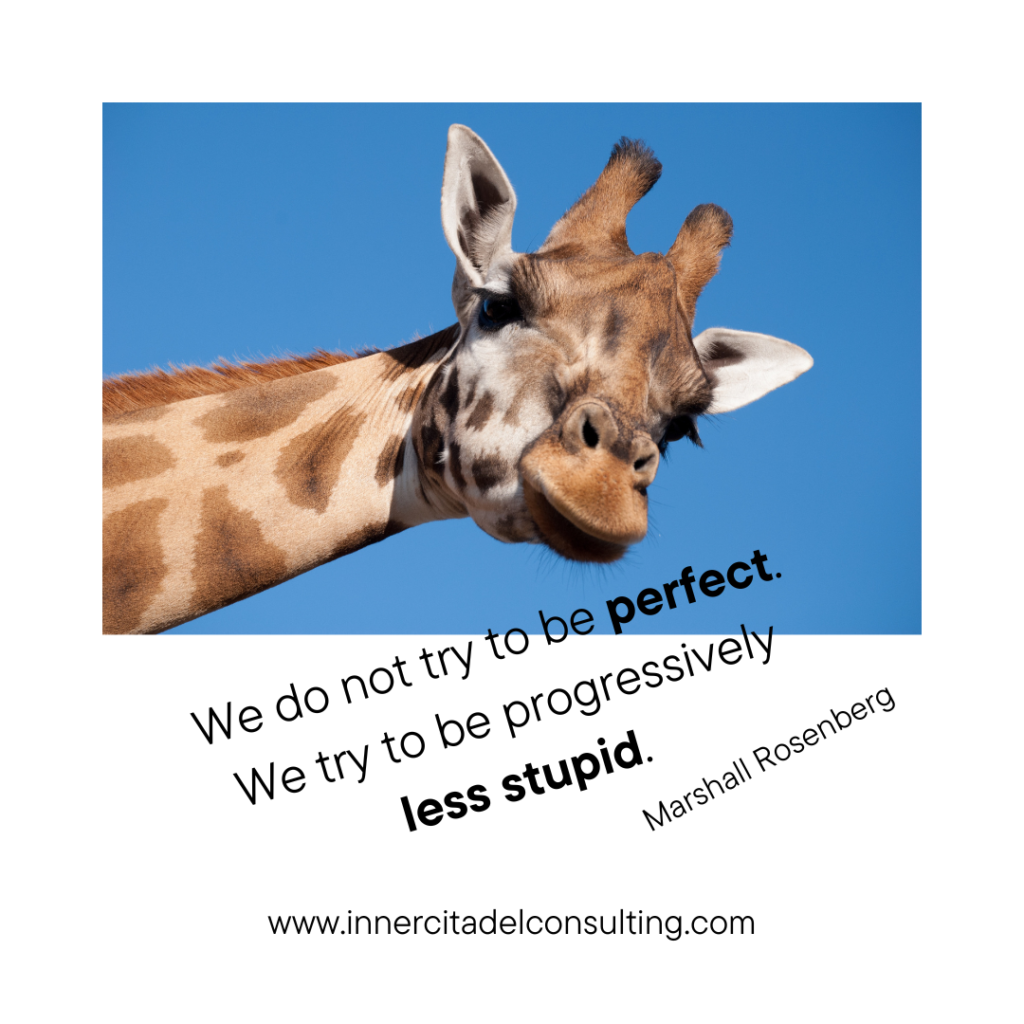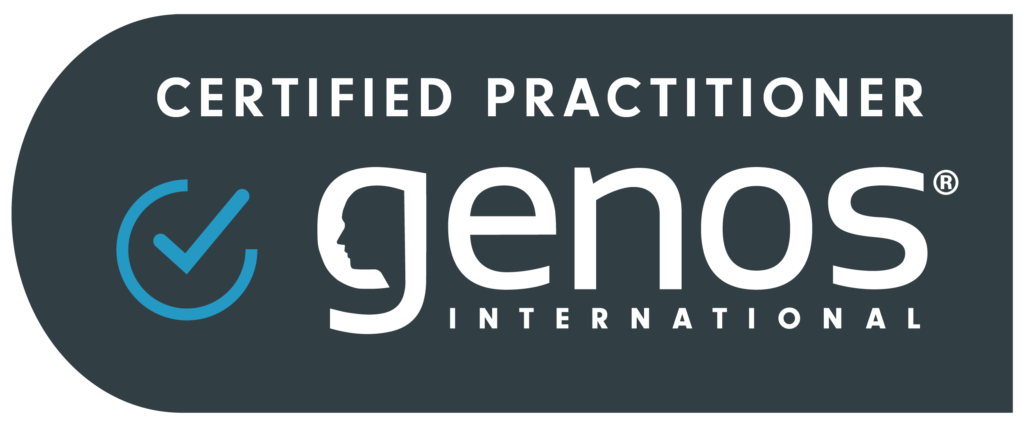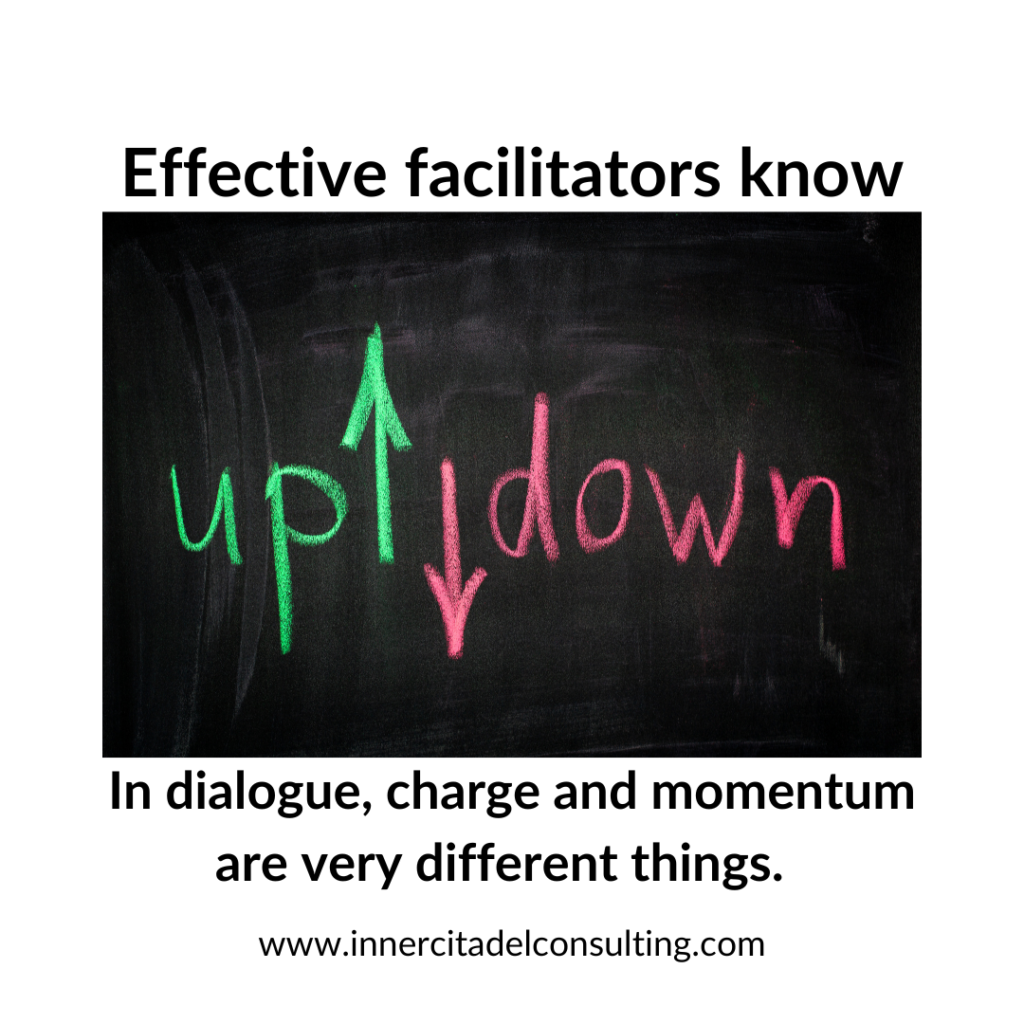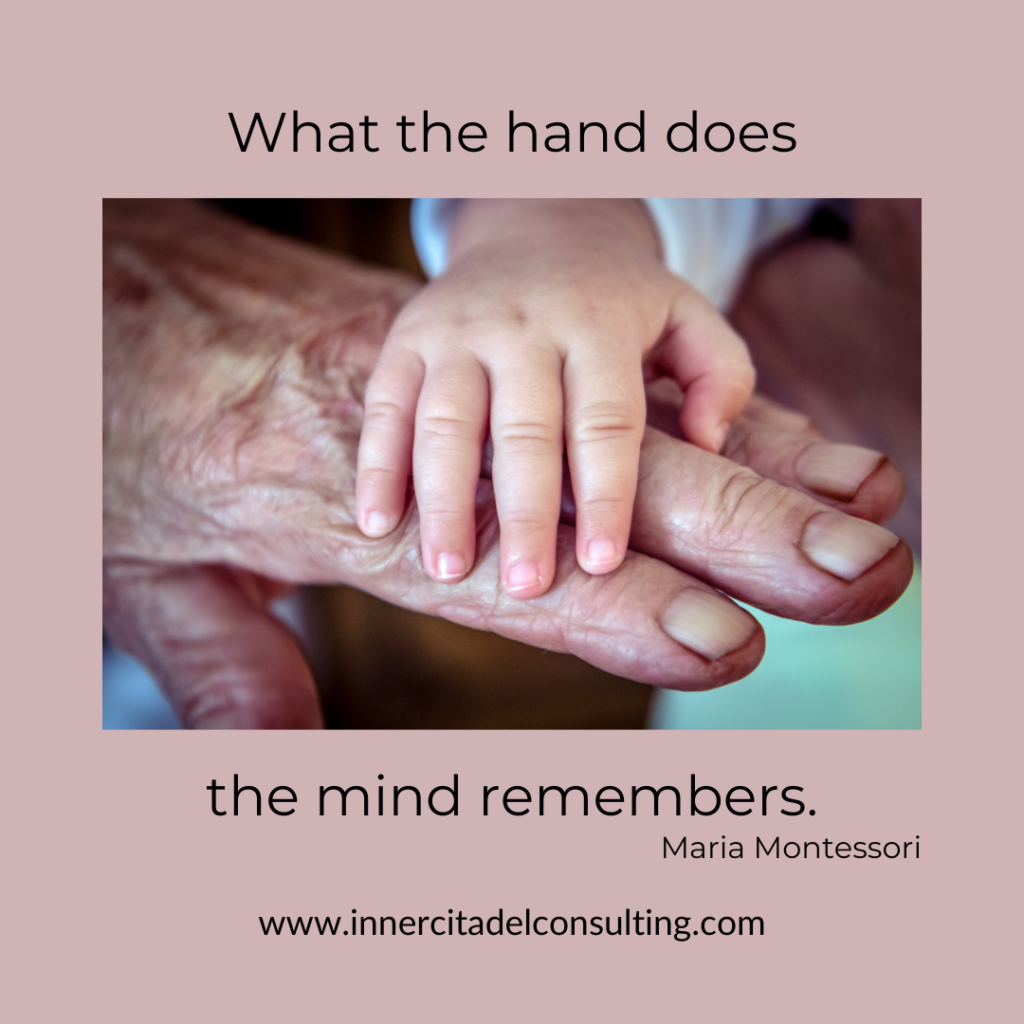Last week I talked about the difficulty of explaining the work of facilitation at networking events, and focused on multi-partial facilitation (or Inter-group Dialogue). Part of the difficulty at events like that is definitely me. I’d rather hear about other people, and my natural curiosity always has me asking another question about someone else.
But part of it is that “facilitation” is a word widely and loosely used to describe a lot of interactions. I see the same thing with the word “coaching”. Check out my blog from a year ago about that issue or this short piece I wrote for the Upper Valley Business Alliance on executive coaching. Like coaching, facilitation is a high-value tool organizations can use to increase communication, transform conflict, and enhance decision-making. This week, since I covered multi-partial facilitation last week, I’ll talk about how facilitation using a nonviolent communication approach can support conflict transformation.
Conflict ain’t easy!
Conflict is complex, nuanced, and costly. Sometimes, just being able to talk about low-level conflict is all that is needed. Teams high in Emotional Intelligence for example are very effective at resolving task conflict. By communicating effectively, using skills learned in multi-partial facilitation, these teams can share perspectives, neutralize negative reactions, and choose – together – the best solution for the conflict. But sometimes the conflict is centered on interpersonal dynamics and unpleasant behaviors or relationships. In those cases, effective communication might not be enough to resolve or transform conflict. People can hear each other and be honest, but they can’t yet see each other’s humanity or understand what they share. They are too focused on their difference as the source of conflict.
What is NVC Facilitation?
Nonviolent Communication is a transformative approach to all kinds of relationship conflict. Developed by Marshall B. Rosenberg in the 1960s through his global peacemaking facilitation as well as his facilitation work against racism, anti-semitism and sexism. There are a few premises underlying NVC.
One premise is that there is a fundamental difference between our needs as human beings and the strategies we use to meet those needs. Conflict arises in strategies, transformative resolution arises out of recognition of needs. We all need comfort and connection as human beings, for example. But the different ways we think are socially (or morally) acceptable to pursue comfort and connection may be different. When my way of seeking comfort and connection crashes into yours, we have conflict.

A second premise is that when we can effectively and honestly express a fundamental need to another person, without locking in a strategy to obtain it, we can communicate on the right level. After that, we can assess our strategies and perhaps agree on other strategies so that everyone’s needs are met. We are looking for a win-win solution, through our deep understanding of our common humanity. Think of the difference between “Would you be willing to meet my need for certainty at work?” and “I need you to communicate and stick to deadlines.”
Go Deeper with NVC
Of course, there’s quite a lot more to an NVC facilitation. It takes patience and empathy to build a habit of nonjudgmental observation, to move through our feelings about events to our unmet needs, to understand the ways in which we communicate poorly and well, and to be able to distinguish our strategies from our needs. Simple, not easy. Rosenberg was famous for using his two puppets, a jackal (which represents our desire to dominate in communication, to “win”, to seize what we think we need) and a giraffe (which represents our ability to be compassionate, empathetic and support each other). He was also famous for a saying I use all the time in my work with teams, “In NVC we do not try to be perfect; we tray to be progressively less stupid.” Check out this video to see Marshall Rosenberg in action with his puppets.

If you are having an ongoing conflict with a spouse, relative, co-worker, or are experiencing conflict in your team, that you just can’t seem to transform or resolve, NVC might be for you. With a care full groundwork of safety and successful communication, we can connect around our common humanity and meet our common needs.
What will you do now?
Who do you have trouble understanding in your workplace? Who do you feel does not understand you? How does this lack of understanding cost you or cause trouble and conflict? If you’re curious about how facilitation could help your teams, let’s connect!
Come back next week for a discussion of convergent facilitation – when we take facilitation into the decision-making space!






